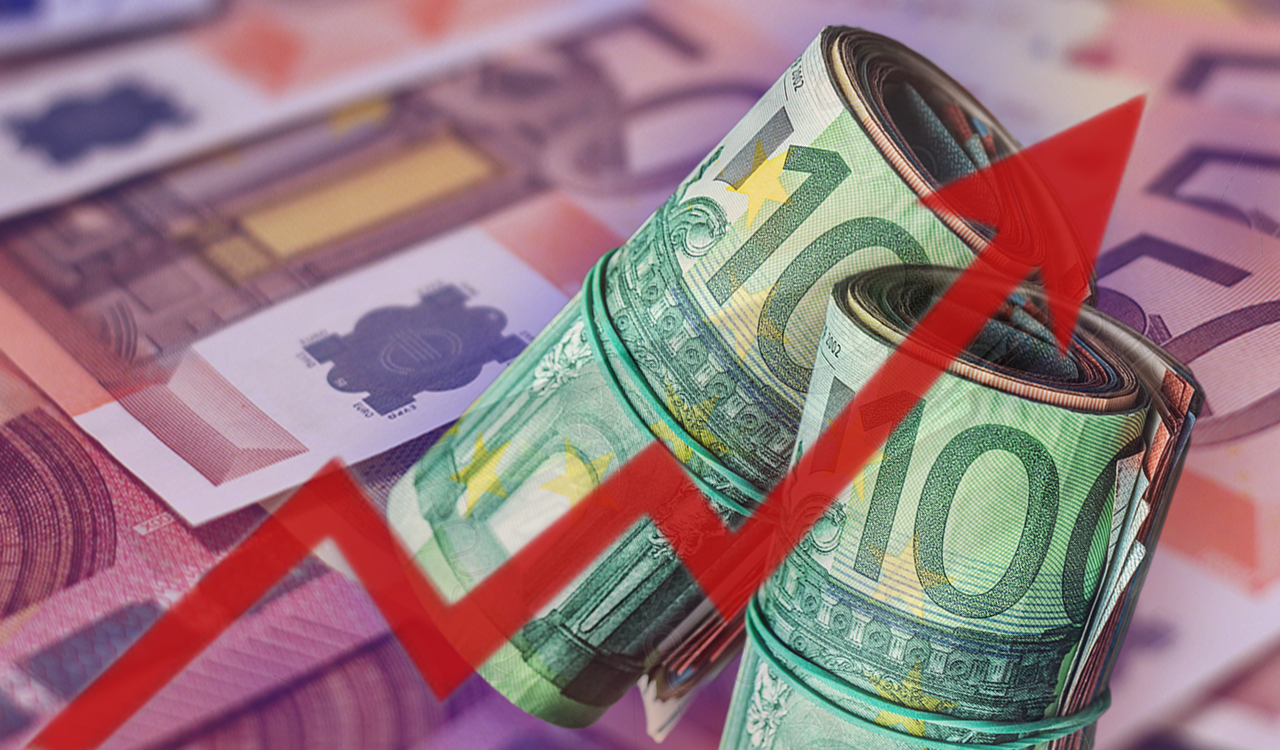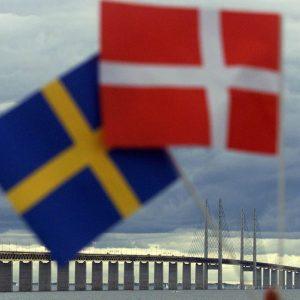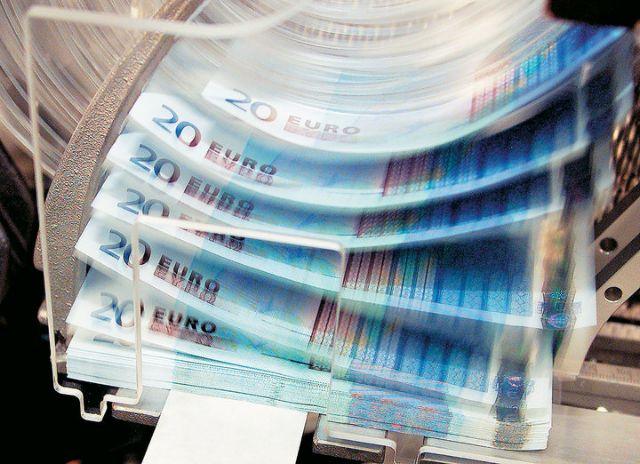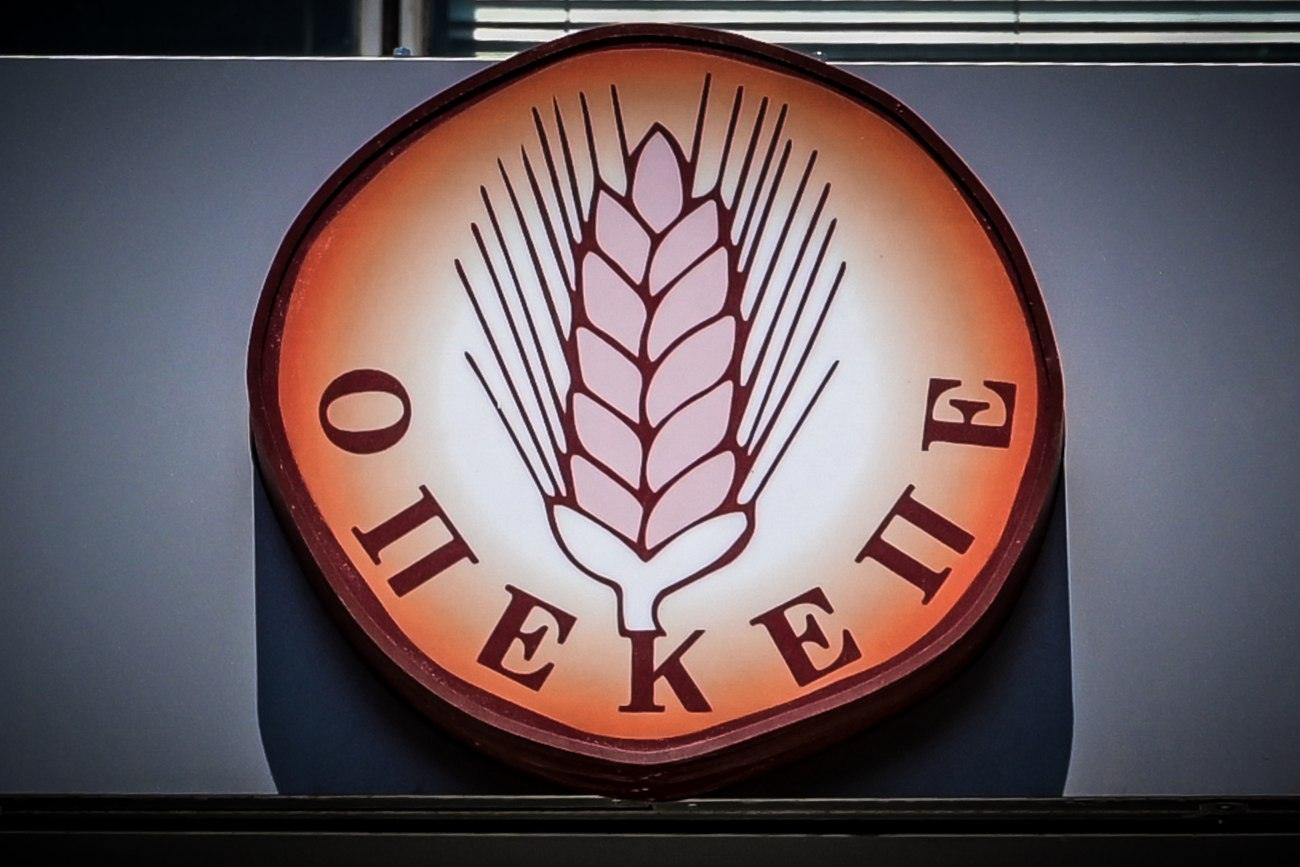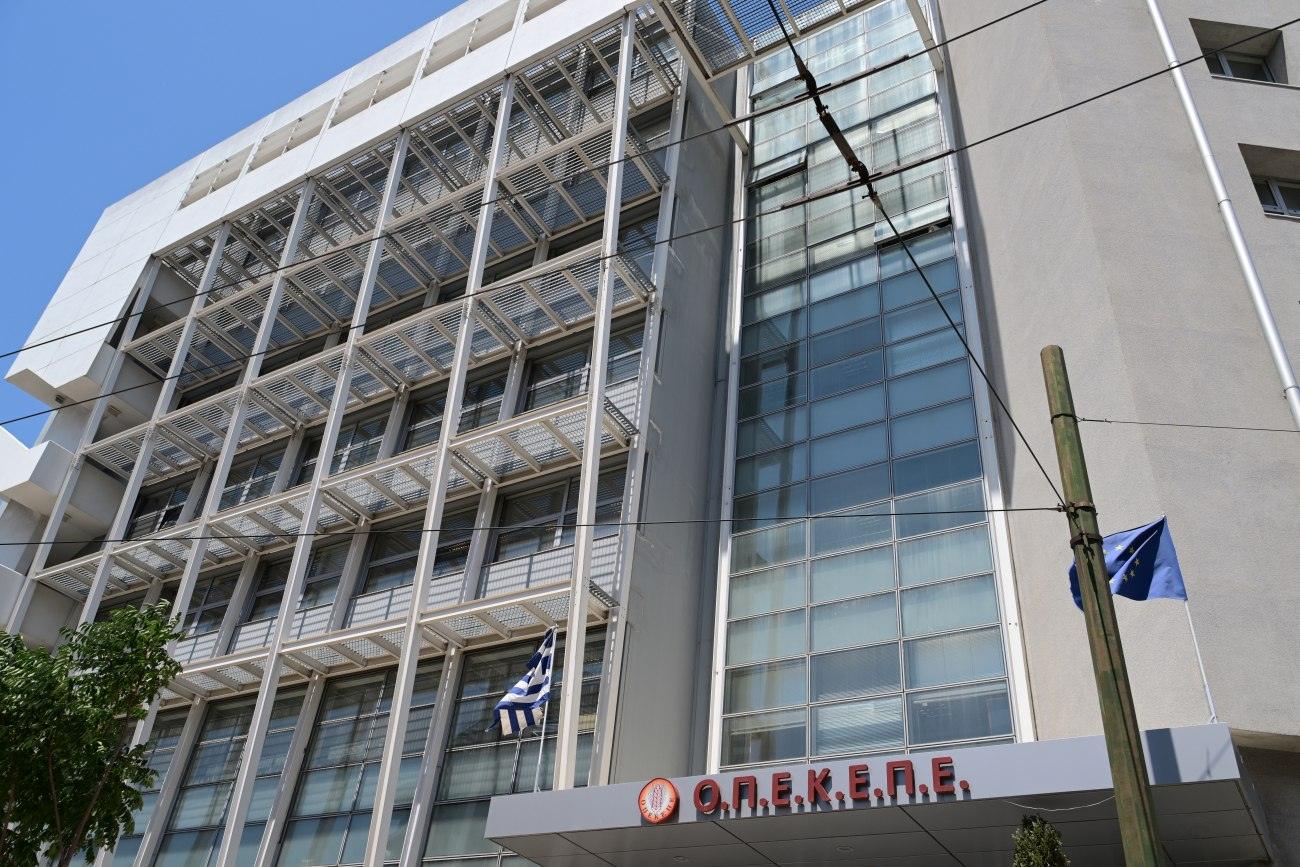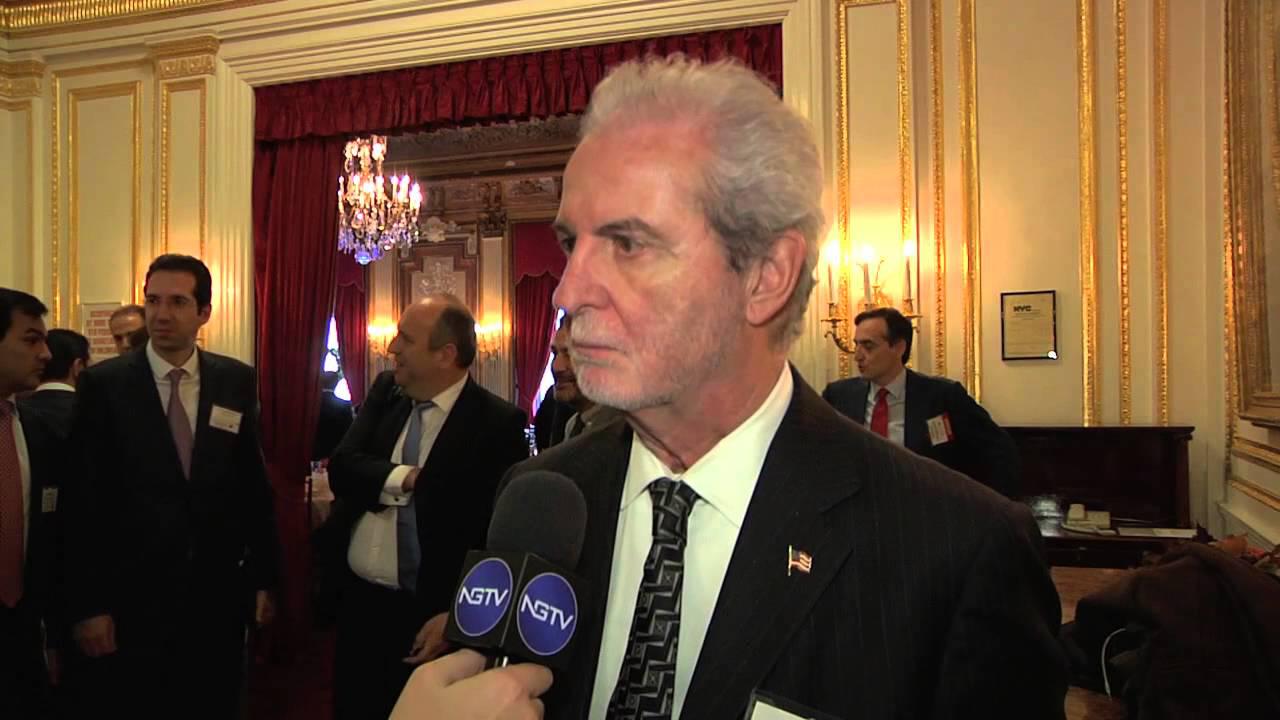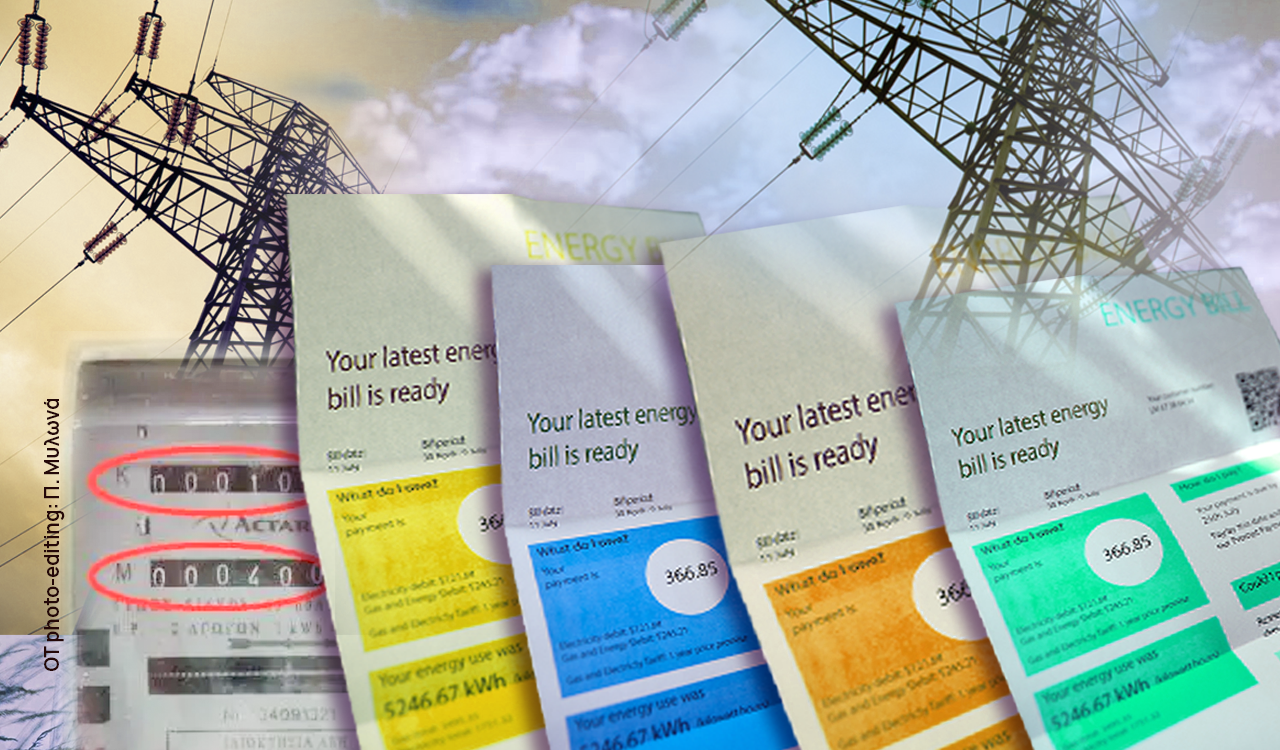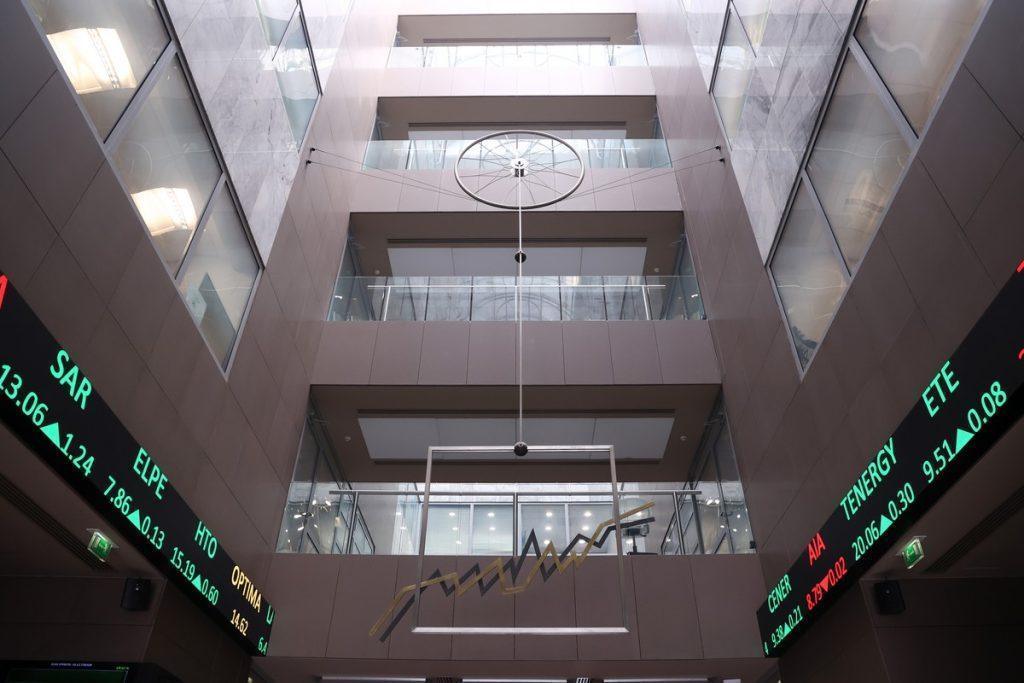In the first quarter of 2024, hourly labor costs increased by 5.1% in the eurozone and by 5.5% in the European Union compared to the same period last year, according to data released by the European statistical authority (Eurostat).
Wages and non-wage costs both contributed to this increase. In the eurozone, hourly wages grew by 5.3% and non-wage costs by 4.5%, while in the EU, these figures were 5.8% and 4.8%, respectively.
Greece saw a significant rise in hourly labor costs, increasing by 7.9%, with the business economy experiencing a 10% hike. Sector-specific increases in Greece were 7.3% in industry, 13.9% in construction, and 13.1% in services.
Hourly labor costs in the eurozone rose by 5.3% in the non-business economy and 5.0% in the business economy, with industry up 4.8%, construction 5.2%, and services 5.0%. In the EU, these costs increased by 5.6% in the non-business economy and 5.5% in the business economy, with industry, construction, and services each up by 5.5%, 5.8%, and 5.5%, respectively.
The EU saw the highest increases in hourly wages in Arts, entertainment, and recreation (+8.7%) and Mining and quarrying (+7.8%), while Real estate activities (+0.7%) and Electricity, gas, steam, and air conditioning supply (+2.3%) had the lowest. Non-wage cost increases were led by Accommodation and food service activities (+7.1%) and Arts, entertainment, and recreation (+7.0%).
Romania (+16.4%), Bulgaria (+15.8%), Croatia (+15.3%), Poland (+14.1%), and Hungary (+13.7%) recorded the highest increases in hourly wages, with Latvia (+12.7%) and Lithuania (+11.1%) also seeing notable rises.
Source: tovima.com




